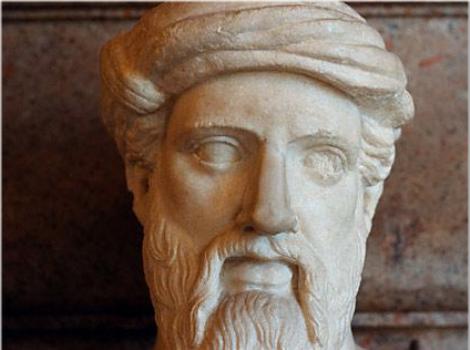Continued from Part 6:
I interviewed Gary Taubes by phone a few weeks ago, shortly after he gave a talk about the main ideas of his new book — Good Calories, Bad Calories — at UC Berkeley. The interview lasted about 2 hours. This is part 7.
SETH ROBERTS: I was a member of the Center for Weight and Health. But the other members didn’t know what I was up to, and had no idea it could have anything to do with actual weight loss.
GARY TAUBES: That’s one of the things I’ve found most amusing about obesity research, that you have this disconnect from pre-World War Two, when the people doing it were clinicians who were treating obese patients, to post-World War Two, where first, it’s nutritionists, who do rat experiments. Then, by the 1960s, obesity is considered an eating disorder and it’s being treated by psychologists and psychiatrists. So today, if you looking at some of the major obesity centers in the country — at Yale, at University of Cincinnati, they’re all run by psychologists or psychiatrists. Here’s a physiological disorder of the body, and it’s being studied by psychologists and psychiatrists. They’re not interested in anecdotal evidence, unless it agrees with their preconceptions.
 Pagophagia and the Umami Hypothesis
Pagophagia and the Umami Hypothesis Not The Same Study Section: How The Truth Comes Out
Not The Same Study Section: How The Truth Comes Out The Power Law of Scientific Dismissiveness
The Power Law of Scientific Dismissiveness How Dangerous is LDL Cholesterol?
How Dangerous is LDL Cholesterol?







